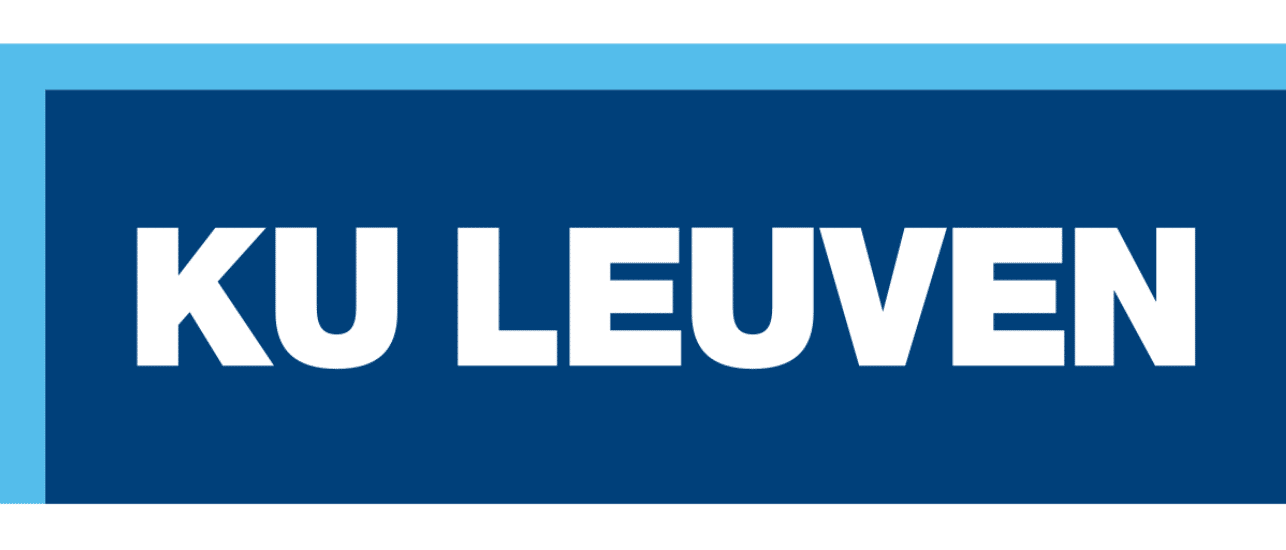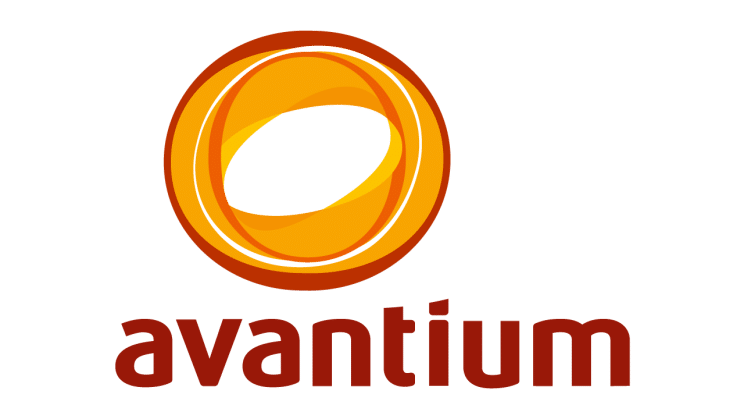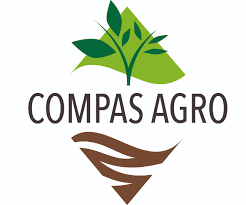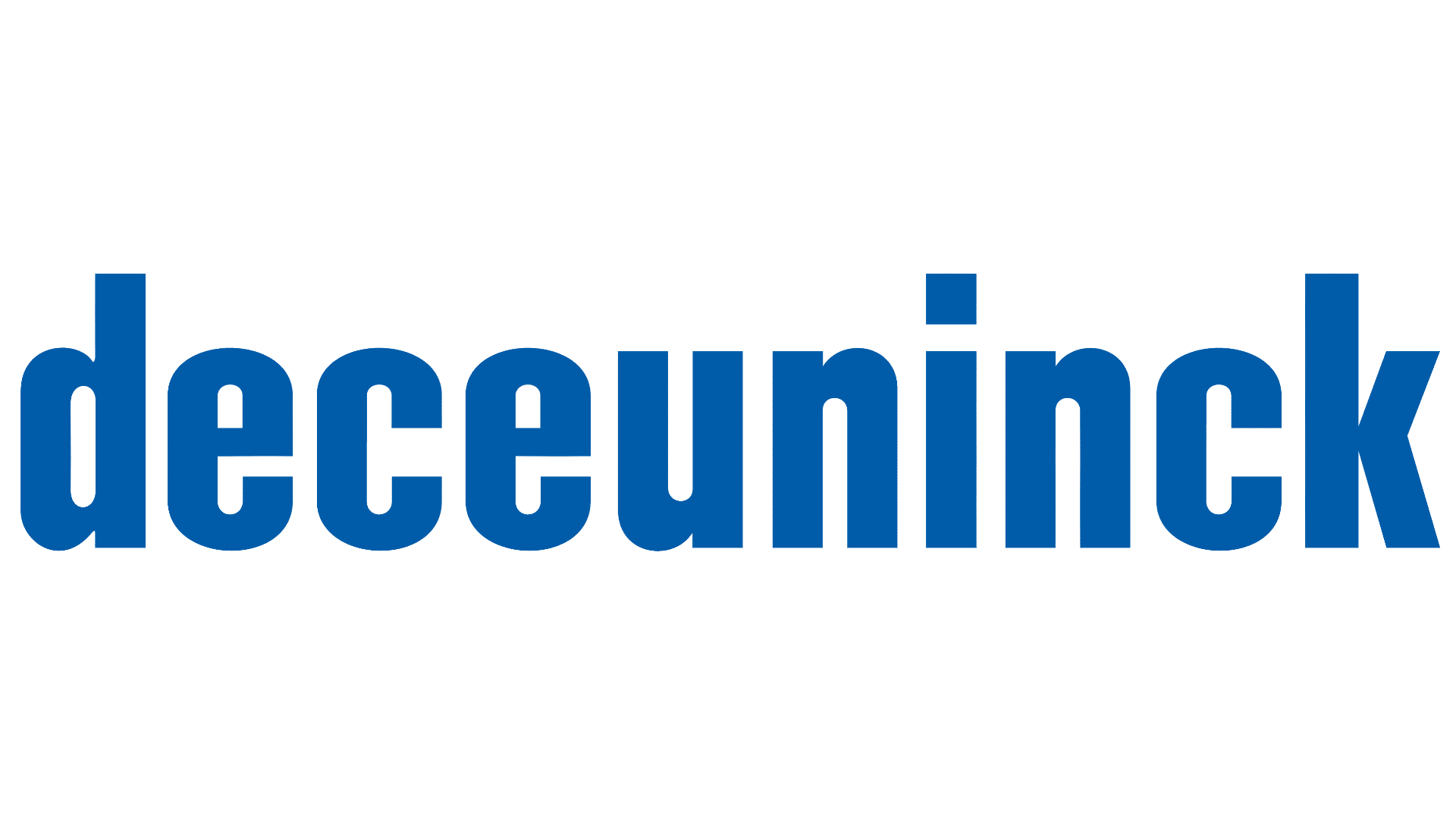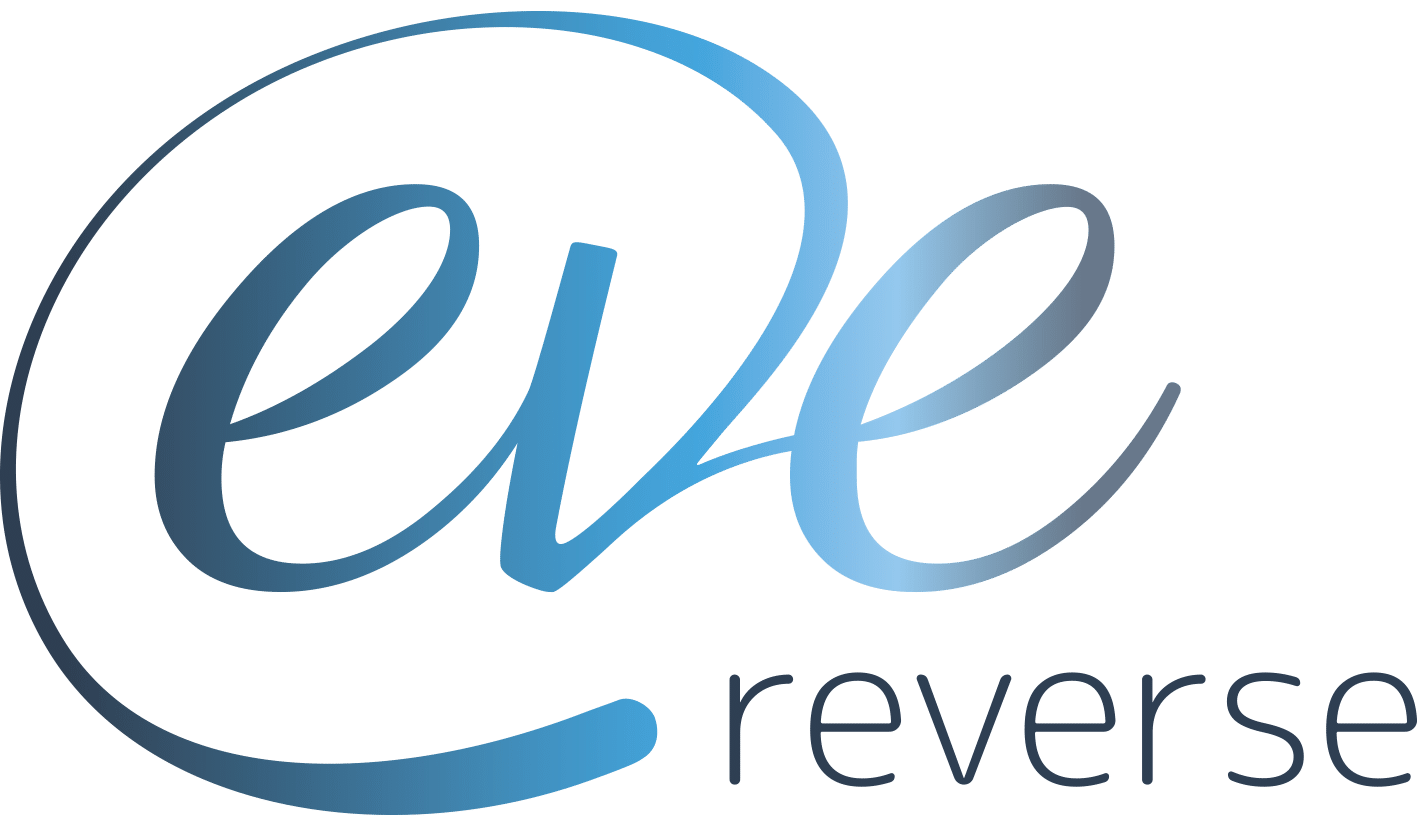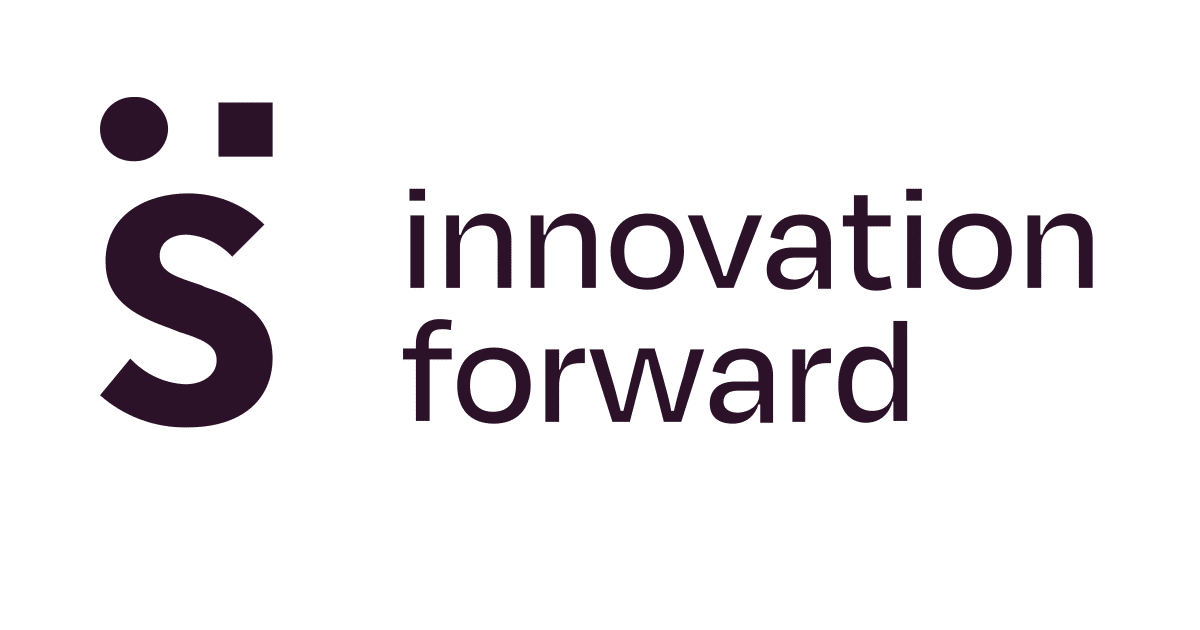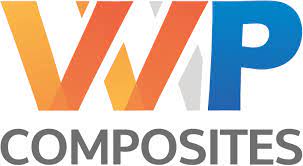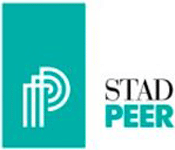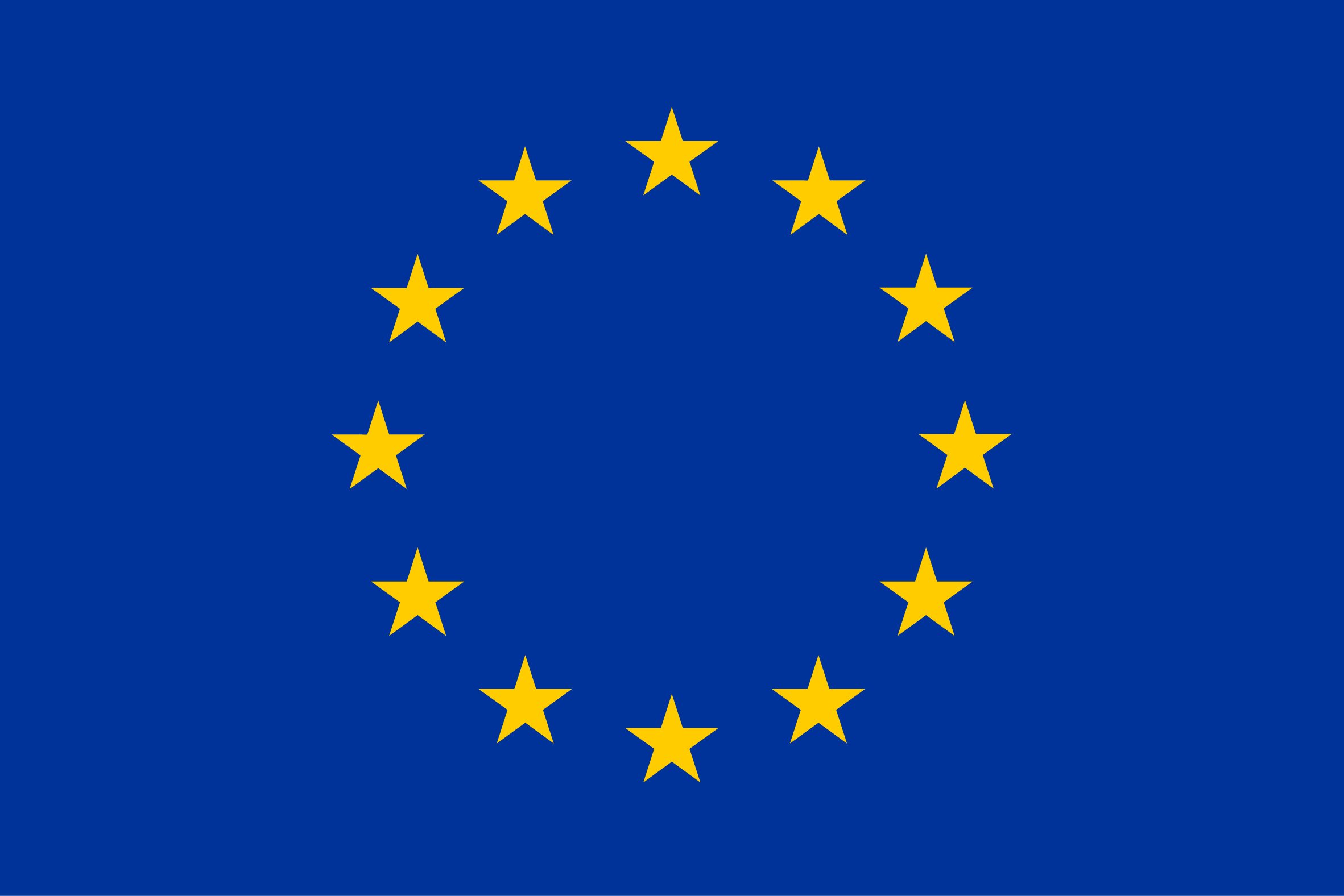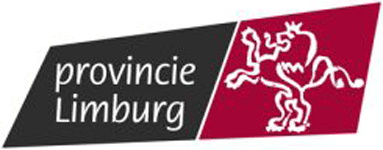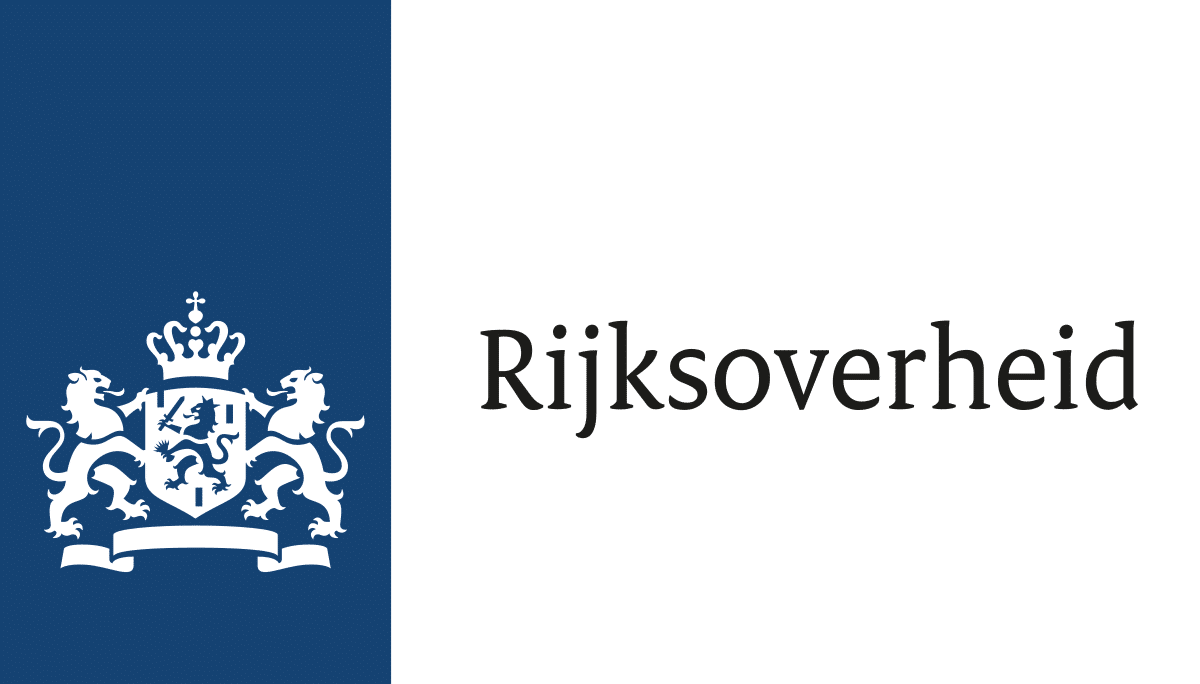This innovative project addresses climate change and the transition to a circular, sustainable economy. The focus is on hemp fibre as a promising raw material in the 'fibre' category. Hemp, a crop with minimal environmental impact, is not only used for non-food purposes, but also offers solutions to environmental problems such as PFAS/PFOS pollution.
The project aims to anchor a local hemp fibre chain, positioning the border region as a centre for sustainable materials.
Project objective
- Hemp2Comp (Hemp to Composites) is developing at least five new biocomposite products composed of locally grown hemp and a bio-resin. With its pioneering role, the project creates huge opportunities for products currently made from fibreglass/polyester by replacing them with carbon-neutral and/or fully bio-based counterparts in hemp. In agriculture, financial added value is created through crop diversification in the face of climate change. The project is strongly committed to cooperation and knowledge sharing between all sectors involved in the value chain: from hemp cultivation to a finished product.
The project consists of four major parts: - A trial field operation on fibre hemp will be set up in Flanders and the southern Netherlands (WP3) with a focus on cultivation-technical research and opportunities for farmers. The agricultural sector will be actively involved in the planned activities to convince growers of the advantages of this crop.
Both shives/hemp wood, short and long hemp fibres will be purified (via process innovation on existing natural fibre processing lines) and analysed for quality (WP4). This will be fed back to cultivation technology (WP3). Analysis towards suitable (bio)resins will also be done (WP4). - Both short and long fibres, as well as a mixture of fibres with shives, will be processed into different types of semi-finished products, which will then be tested in biocomposite production techniques (pressing and infusion processes, pultrusion; WP5). A total of five parallel development paths are planned throughout WP 4-6 to produce a biocomposite charging post (Powerstation, VL), acoustic panel (NPSP, NL), funeral box (Plantics, NL), bicycle parking facility (VVP, NL), traffic post (C-Biotech, VL) and window profile (Deceuninck, VL).
- A demo batch will be produced of at least 5 final products (WP6). During the development of the products, an analysis and guidance will be set up on how to realise the maximum potential in a circular economy, including GWP(Global Warming Potential) analysis (WP7).
Retrieved from this page will bundle all information around the project.


